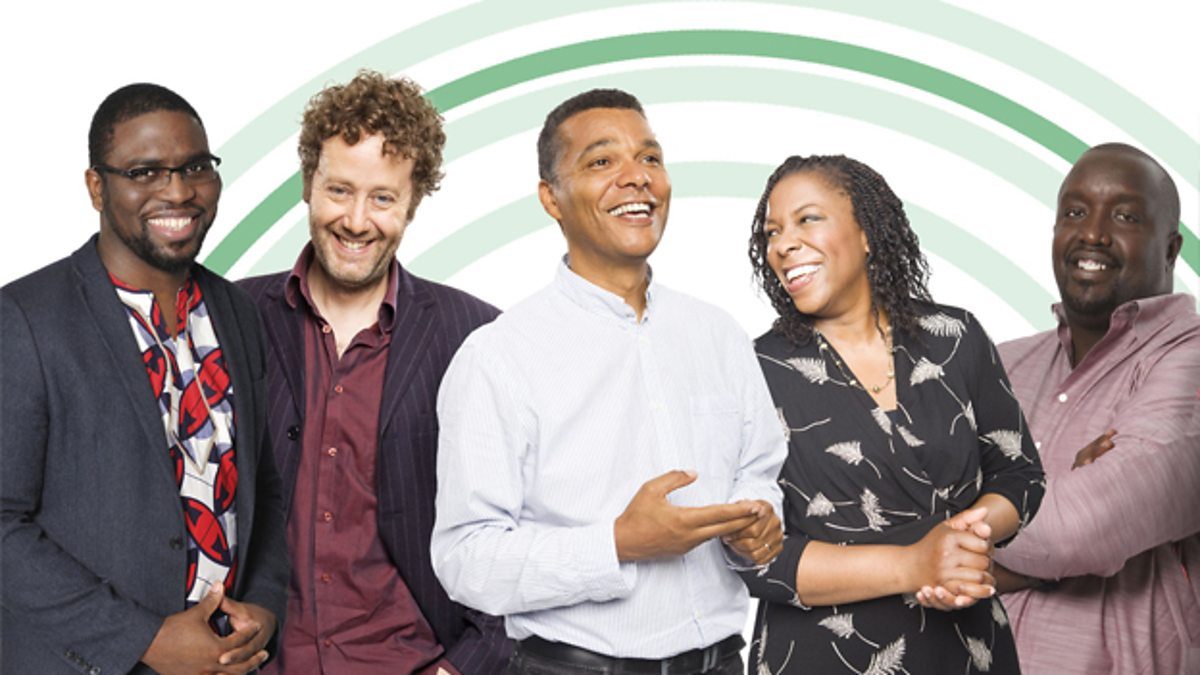
Lessons learned: My BBC Interview
Tonight I had a chance to be on BBC Newsday (part of their World Service). Not once. Twice. They claim an audience of 283 million listeners as the world’s largest international broadcaster and the world’s biggest breakfast radio show. Even if only a fraction of them are listening at once they’ll number more than ALL THE RESIDENTS OF CANADA. No pressure.
I gave myself a rating of 6 out of 10 on the interviews. I’ll explain why below…
What I’ve learned about radio interviews:
- Pay attention to the format of the show.
Don’t get lulled into the idea that all radio interviews are the same. In my opinion, there are at least four types of shows.- News format shows (like BBC Newsday).
While we may like to think of these as “Just the facts, ma’am” they are actually all about “Here is my opinion stated as facts”. The high speed tempo of the show is crucial. In most cases these are a series of facts/opinions presented in a breathless tone. Frankly, these present an opportunity for three or four 15 to 20 second sound bites of your message and content at most. Think of each of these as two or three sentences max of “punchy” statements. The focus is on “snackable content” that can be consumed while the listener is doing something else. Making the audience think is a no-no in this format. Don’t beat around the bush – tell them what you want them to know. In short sentences. Or risk the host cutting you off as happened in my second BBC interview (-1 points on the 10 point scale). I was off-tempo and deserved it. - Talk radio shows.
These present an opportunity to drill into a topic by making strong statements about it. However, it is not about detail as much as it is about big, sweeping statements. In this format, controversial statements are your friend as they invite the host to drill into what you said and give you the chance to repeat the key value of your statement in multiple ways. This tactic also gives you the chance to provide more background to support your broad sweeping statement (which you should repeat as you defend it). - Blog style radio shows.
These are all about deep discussions of the concepts and frequently are about the host of the show satisfying their own personal curiosity about your topic by asking you a bunch of questions. Personally, these are my favorite because when you have a good host, they “get” your expertise and, if you give them appropriate signals early in the interview by talking about the concept of “things listeners want to know”, will let you run with your own agenda (because you are making them look good) for the interview as long as you keep pushing out valuable tidbits. - Interview style radio shows.
These are more about you as the authority on the topic and your view of the world. I think of these as like dating conversations. You are trying to be yourself and yet let your knowledge of the topic shine through. But in doing so, you are also essentially building a relationship with the listener so that they feel they can trust you. This is why personal anecdotes which aren’t valuable in other interview formats can be pure gold in the interview style show.
- News format shows (like BBC Newsday).
- Remember that the person on the other end of the line has a very hard job.
To be credible in their job they need to create the illusion that they know what they are talking about. In many interview formats, throwing them one or two softballs as you deliver your initial messages can really help them “warm” to you and cede control of the interview content over to you. For example, (only when true – don’t make this stuff up!) you might say “as you said in the intro to this segment blah blah blah” as you echo their positioning of the segment and make them look good. Now that you’ve affirmed their expertise by transferring some of your credibility over to them you can make statements that they’ll want to support and therefore continue the quid pro quo. - Assume the audience knows nothing.
Seriously. Nothing.
As people in the tech/startup industries who “make it happen” we have deep knowledge of our topics, run in circles surrounded by really smart people and tend to drop into intellectual shortcuts where we assume the audience has a basic understanding of what we are talking about. In almost all cases, this is a complete fantasy and unhelpful strategy! In my opinion, there is almost no floor to the concept of dumbing it down and keeping it very basic. While irritating (ok, I’m a snob), it does a better job of communicating your message to a much larger audience than talking to the 2% of the audience who already know something about your topic. The world is a very big place. The online audience for many shows is as well. While we want to believe that there are lots of people like us out there, it isn’t the truth. Tailor your messages accordingly.
So why just 6 out of 10? I’m not being really hard on myself – just holding myself up to the ideal and making a comparison. I’m actually pretty happy with what I did but know there are areas where I want to improve. So…
- I lost a point when the host cut me off. My topic and the words about it were running long. The host cut me off to protect the “tempo'” of the show. I got the message.
- Totally missed the opportunity to promote my business (-2). All I needed to do was to introduce my answers to one or more of the questions with a line something like this: “As a world leading crowdfunding site, FundRazr customers tell us that …”. In this example with just a short intro I positioned the company and dropped the name into a regular answer without actually talking about the company. I had at least two opportunities to do this on these interviews and whiffed on both of them.
- I lost a point because I failed to do enough research to know the bias of the host and the tone of the interview prior to getting into it. This is absolutely my bad. I didn’t grill the producers who contacted me enough to know the hosts’ agenda. In these interviews, it was really about positioning the US health system as having significant funding challenges. I figured it out about 20 seconds into the second interview and am happy that I was able to instantly start to reposition/address it to our advantage.
All in all, not bad, but still I can and will do better. Each one of these is an opportunity to grow. By the time we are done in this market I might actually get passably good at it (grins).
One thing that gave me a little smile was that the producers of the show assumed I was a professional PR person and didn’t hand-hold me through the interview i.e. they didn’t brief me on the format of the show, the format of the interview or even the name of the host. In contrast, CBC Vancouver did an AMAZING job of setting the stage for me so that I could deliver the content they needed for the show. It just shows that we have some amazing talent in Canada. I, personally, think we need to talk that up more.
If you have feedback or additional information on what works or doesn’t, please let me know and I’ll share it with everyone.
